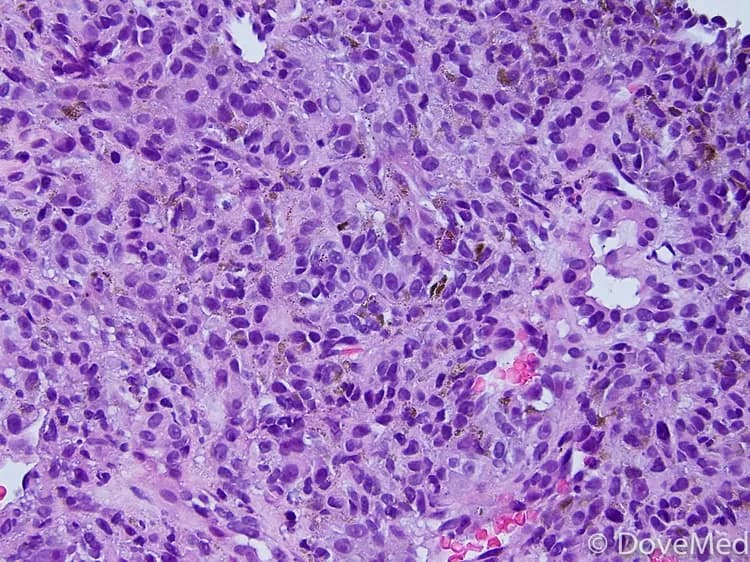
Predictive Proteins: Elevated Levels Trigger Metastatic Progression Of Cancer Cells
Researchers at University of California, San Diego School of Medicine and Moores Cancer Center, with colleagues in Spain and Germany, have unraveled how elevated levels of particular proteins in cancer cells trigger hyperactivity in other proteins, fueling the growth and spread of a variety of cancers.
The findings are published in the February 26 online publication of Scientific Reports.
Specifically, the international team, led by senior author Pradipta Ghosh, MD, associate professor at UC San Diego School of Medicine, found that increased levels of expression of some members of a protein family called guanine nucleotide exchange factors (GEFs) triggered unsuspected hyperactivation of G proteins and subsequent progression or metastasis of cancer.
The discovery suggests GEFs offer a new and more precise indicator of disease state and prognosis. "We found that elevated expression of each GEF is associated with a shorter, progression-free survival in patients with metastatic colorectal cancer," said Ghosh. "The GEFs fared better as prognostic markers than two well-known markers of cancer progression and the clustering of all GEFs together improved the predictive accuracy of each individual family member."
In recent years, circulating tumor cells (CTCs), which are shed from primary tumors into the bloodstream and act as seeds for new tumors taking root in other parts of the body, have become a prognostic and predictive biomarker. The presence of CTCs are used to monitor the efficacy of therapies and detect early signs of metastasis.
But counting CTCs in the bloodstream has limited utility, said Ghosh. "Enumeration alone does not capture the particular characteristics of CTCs that are actually tumorigenic and most likely to cause additional malignancies."
Numerous efforts are underway to improve the value and precision of CTC analysis. Ghosh said the new findings are a step in that direction. First, that GEFs activate trimeric G proteins and second, that G protein signaling is involved in CTCs. G proteins are ubiquitous and essential molecular switches involved in transmitting external signals from stimuli into cells' interiors. They have been a subject of heightened scientific interest for many years.
Ghosh and colleagues found that elevated expressions of non-receptor GEFs activate Gαi proteins, fueling CTCs and ultimately impacting the disease course and survival of cancer patients.
"Our work shows the prognostic impact of elevated expressions of individual and clustered GEFs on survival and the benefit of transcriptome analysis of G protein regulatory proteins in cancer biology," said Ghosh. "The next step will be to carry this technology into the clinic where it can be directly applied to deciphering a patient's state of cancer and how best to treat."
The above post is reprinted from materials provided by University of California, San Diego Health Sciences. The original item was written by Scott LaFee. Note: Materials may be edited for content and length.
Disclaimer: DoveMed is not responsible for the adapted accuracy of news releases posted to DoveMed by contributing universities and institutions.
Primary Resource:
Jorge Barbazan, Ying Dunkel, Hongying Li, Ulrich Nitsche, Klaus-Peter Janssen, Karen Messer, Pradipta Ghosh. Prognostic Impact of Modulators of G proteins in Circulating Tumor Cells from Patients with Metastatic Colorectal Cancer. Scientific Reports, 2016; 6: 22112 DOI: 10.1038/srep22112Related Articles
Test Your Knowledge
Asked by users
Related Centers
Related Specialties
Related Physicians
Related Procedures
Related Resources
Join DoveHubs
and connect with fellow professionals

0 Comments
Please log in to post a comment.